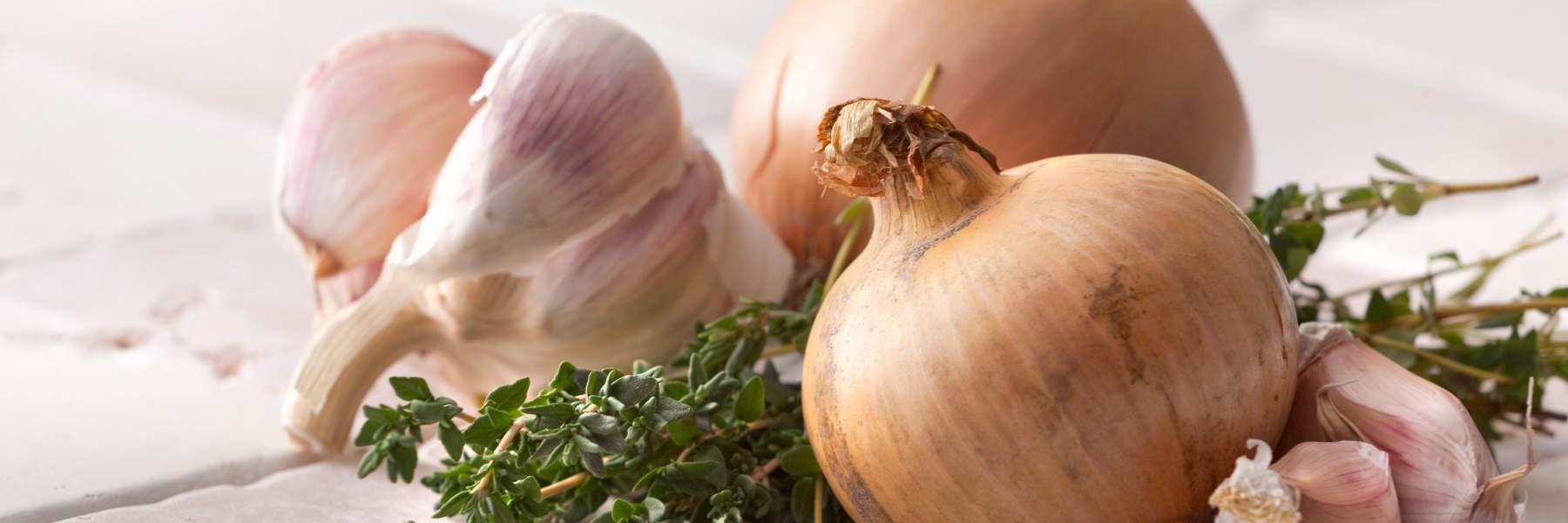This diet is best done in conjunction with a trained dietitian so they can help identify which FODMAPs may be contributing to your symptoms.
People with endometriosis may suffer abdominal symptoms (such as bloating, pain, diarrhoea and/or constipation) and many get diagnosed with irritable bowel syndrome (IBS) before endometriosis. A wide variety of foods have been reported to trigger abdominal symptoms by people with endometriosis. If this sounds like you, you could benefit from the FODMAP diet.
Low FODMAP diet
The low FODMAP (fermentable oligosaccharide disaccharide monosaccharide and polyol) diet has become the main dietary treatment for IBS over the last 10 years. FODMAPs are small, poorly absorbed molecules found in certain foods. They readily ferment by bacteria in the gut, which can trigger IBS symptoms.
Some of the foods to avoid include:
- Wheat, rye and barley
- Garlic
- Onions
- Mushrooms
- Cauliflower
- Apples
- Pears
- Watermelon
- Stone fruits
- Asparagus
- Honey and sugar-less chewing gum.

The aim of the low FODMAP diet is to avoid foods high in FODMAPs and stick to low FODMAP foods. In a recent study, 72% of patients showed reductions in their abdominal and bowel symptoms when they eliminated high FODMAP foods from their diet for four weeks. This elimination diet is recommended to only be followed for 4-6 weeks. The next step is to re-introduce high FODMAP foods to determine which ones are triggering symptoms.
So, if you would like to follow a low FODMAP diet to see if it improves your gut symptoms:
- Chat to your GP about any gut symptoms you have been experiencing so they can check for any gastrointestinal diseases, such as coeliac disease or inflammatory bowel disease, prior to any elimination diet.
- Find a dietitian who has been trained in the low FODMAP diet. They can provide you with information about the low FODMAP diet, lists of foods to include and avoid, and great recipe ideas. They can also help you keep motivated and introduce foods back into your diet too. Find a FODMAP dietitian
 Skip to main content
Skip to main content